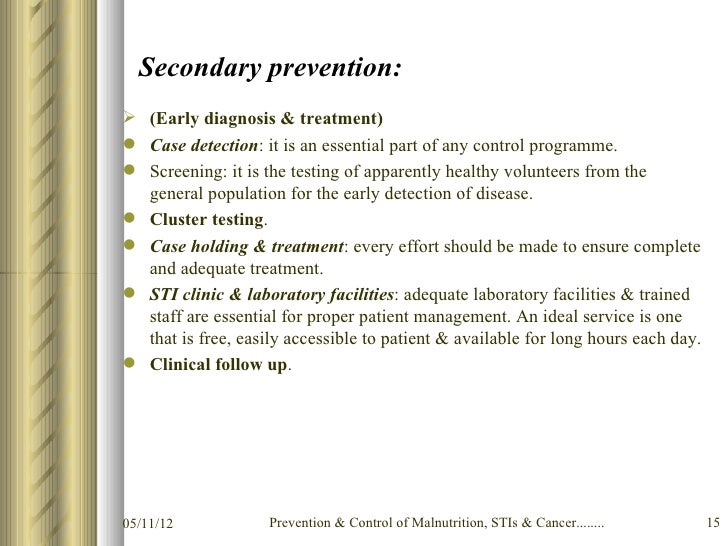Malnutrition Cancer Council Victoria
malnutrition in cancer treatments Malnutrition Cancer Council Victoria Malnutrition in Cancer Patients
Cancer is definitely an powerful disease, and yes it takes a potent treatment regimen to manage and hopefully eradicate the malignant cells. However, cancer treatment itself is very damaging towards the body, and it can make somebody very weak. Thus, it's important for cancer patients to fight the malnutrition that always may come as a result of treatment so that you can stay strong.


When you consume, you eat the vitamins, minerals, proteins, carbohydrates, as well as other products which your body needs for fuel. This supports your disease fighting capability along with all around health, which enables you to address the cancer. Frustratingly, though, just as someone needs this strength probably the most, the cancer and subsequent treatment might cause you to develop anorexia or cachexia.


One of probably the most frequent signs and symptoms of cancer is anorexia, or even the complete loss in appetite. This can occur because body loses its ability smell or taste because of cancer treatment, or it could happen as tumors grow and put pressure on digestive organs. Cachexia, however, can be a wasting disease seen as an lack of weight. Normally, your body has the capacity to adjust to starvation or anorexia by scaling down its metabolism. However, with cachexia, one's metabolism struggles to adjust, which forces your system to consume its very own fat and muscle. Cachexia frequently occurs with lung and digestive cancers.

Frustratingly, both anorexia and cachexia can bring about malnutrition as one's body no more provides the nutrients which it needs to withstand cancer and cancer treatment. Malnutrition can make you more susceptible to infections, as well as the treatment itself can become too risky for one's body. You may also feel fatigued and weak, which decreases your skill to fight your cancer.
To aid the prevention of malnutrition, many cancer treatment centers have nutritional counseling and therapy. This can educate you on the way to get probably the most nutrients out of the food that you are able to take.
If you have been identified as having mesothelioma, you may need additional support in managing and dealing with the side effects of devastating disease, including cachexia and anorexia. To learn more about mesothelioma, go to the Mesothelioma Resource Center today.

One of probably the most frequent signs and symptoms of cancer is anorexia, or even the complete loss in appetite. This can occur because body loses its ability smell or taste because of cancer treatment, or it could happen as tumors grow and put pressure on digestive organs. Cachexia, however, can be a wasting disease seen as an lack of weight. Normally, your body has the capacity to adjust to starvation or anorexia by scaling down its metabolism. However, with cachexia, one's metabolism struggles to adjust, which forces your system to consume its very own fat and muscle. Cachexia frequently occurs with lung and digestive cancers.

Frustratingly, both anorexia and cachexia can bring about malnutrition as one's body no more provides the nutrients which it needs to withstand cancer and cancer treatment. Malnutrition can make you more susceptible to infections, as well as the treatment itself can become too risky for one's body. You may also feel fatigued and weak, which decreases your skill to fight your cancer.
To aid the prevention of malnutrition, many cancer treatment centers have nutritional counseling and therapy. This can educate you on the way to get probably the most nutrients out of the food that you are able to take.
If you have been identified as having mesothelioma, you may need additional support in managing and dealing with the side effects of devastating disease, including cachexia and anorexia. To learn more about mesothelioma, go to the Mesothelioma Resource Center today.
0 Response to "Malnutrition Cancer Council Victoria"
Post a Comment